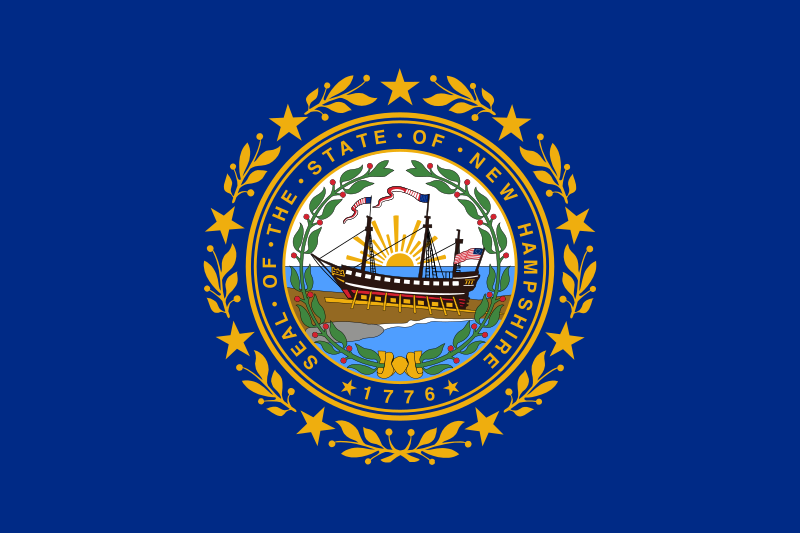New Hampshire’s New "Social Districts" – What Licensees Need to Know
New Hampshire creates mechanism for “social districts” that would allow for open alcohol consumption.
New Hampshire Moves Toward "Cocktails-to-Go" Expansion
New Hampshire is poised to expand “to-go” alcoholic beverage sales to cocktails.
MDOL Offering Free Wage and Hour Compliance Classes
Maine is offering free wage and hour compliance classes particularly relevant to the retail beverage industry.
Liquor Liability Insurance: Key Features and Importance for Business Owners
Appropriate insurance can be one, important part of your risk management portfolio.
Understanding Dram Shop Laws in Maine and New Hampshire: Impact on Businesses with Alcohol Licenses
Dram shop laws create — and limit — the liability of alcoholic beverage retailers that overserve patrons.
Fraud Alert for Maine Tobacco Licensees
Maine has published a fraud alert for a scam targeting licensed tobacco retailers.
New Hampshire to “Ghost Drop” Rare Spirits for On-Premise Licensees
New Hampshire announces December bourbon drops exclusive to on-premise licensees.
Spirits Pricing in Control States: Understanding Regulation in Maine and New Hampshire
Control states are some of the few fully regulated economies in America, with state-set price controls steering the market.
BELLS Goes Live in Maine
Maine finally steps into the 21st century with online liquor license management.
Contract Manufacturing Opportunities for Wine and Liquor Producers Expand in New Hampshire
New Hampshire expands “contract manufacturing” to wine and spirits, offering a wider variety of business models in the state.
New Licensing Update for NH Nano-Breweries and Beverage Manufacturers: What You Need to Know
New Hampshire has eliminated nano-breweries. Here’s what that means.
Employment Law Considerations for Businesses with Alcohol Licenses
Not just anyone can make, serve, or sell liquor — make sure you are thinking about these things before you bring employees on at your alcohol business.
Understanding Advertising Restrictions for Agency Liquor Store Licensees in Maine
Selling spirits in Maine is a valuable privilege, but as a regulated market it comes with some restrictions that may be a surprise for unwary business owners.
Hookah Bars Finally Authorized Under New Hampshire Liquor Law
After years of failed experiments in forcing hookah bar owners to meet cigar sales minimums, the New Hampshire Legislature and Liquor Commission have finally created a sustainable path for standalone hookah bars to exist in the state.
Understanding Agency Liquor License Availability Based on Municipal Population in Maine
Maine’s licensing system places geographic limits on license availability, creating false scarcity and increasing the value of agency licenses.
Key Advertising Restrictions for Liquor Licensees in New Hampshire
As a regulated product, alcohol has limitations on how it may be advertised, even in a regulation-averse state such as New Hampshire.
Tools to Develop Alcoholic Beverage Sales Policies
Having strong policies is an important way to reduce liability when something goes wrong. Maine offers a few tools to help.
Opportunity for New Hampshire Restaurant & Bar Owners: Commission Opens Limited-Release Drawing for Rare Spirits
New Hampshire has opened up its rare spirits drawing to on-premise licensees. See the full list of available stock here.



















